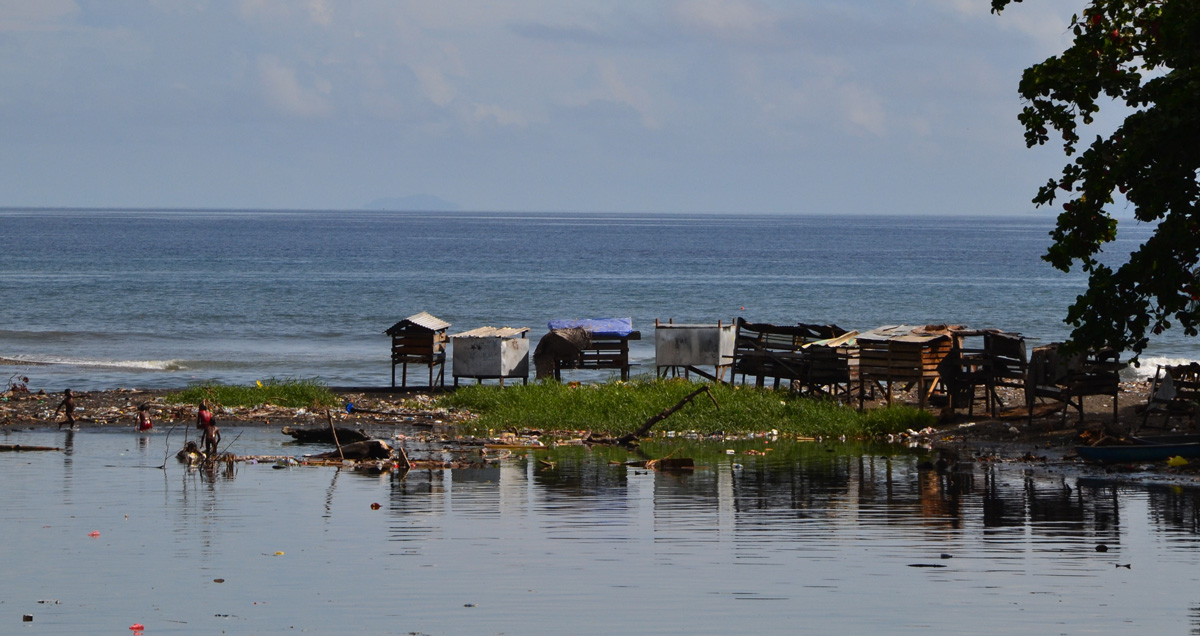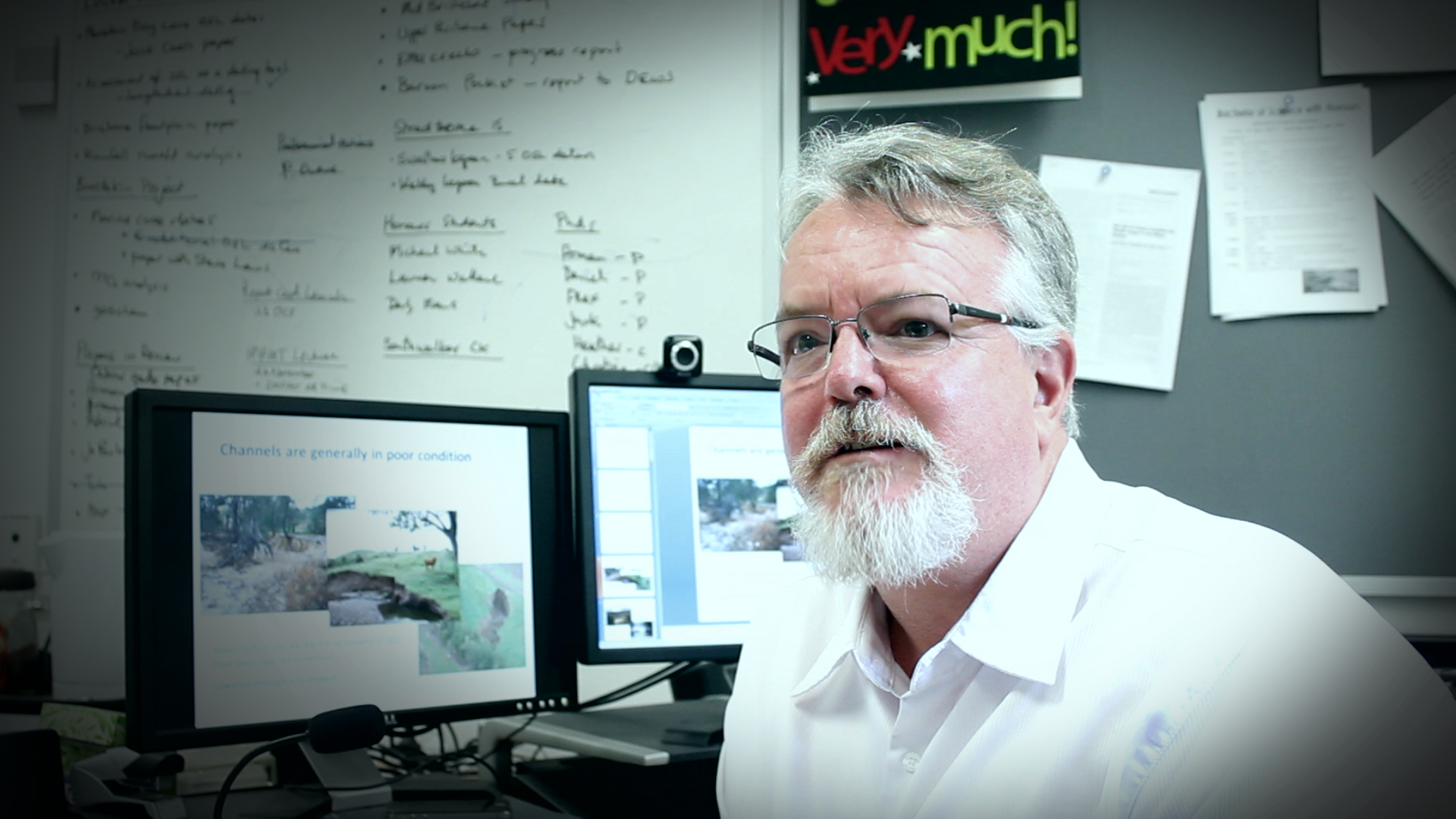The manner in which climate change is discussed often makes it feel like an issue in the future. Yet for many of Australia’s Pacific neighbours the issue is far more pressing, cutting right to the core of society, supplying fresh water and sanitation.
Pacific Island Countries face a unique set of climate change challenges which all impact on freshwater security. These include increasing variability in rainfall (leading to drought and flooding), increasing temperatures and the likely higher than average sea-level rise resulting in salt-water intrusion On top of these climate threats, Pacific Nations are geographically and economically isolated and have limited human and physical resources to manage their freshwater resources. Given this context, there is a dire need for a framework to assist in the management and provision of water, sanitation and hygiene (WASH) services.

This project, led by Dr Wade Hadwen from the Australian Rivers Institute and funded by the Department of Foreign Affairs and Trade, is working to inform policy by incorporating climate change impacts into Government plans for the management of water resources, drinking water supplies and sanitation infrastructure. Working with collaborators from Monash University, The International WaterCentre and the University of South Pacific, the project team will work with local communities to develop tools and processes that will assist local water managers in adaptation planning.
Dr Hadwen explains, “There is a big knowledge gap in how to incorporate climate change impacts into the planning and policy frameworks around water. This knowledge gap takes on particular emphasis for some of our closest neighbours in the South Pacific, due to their relationship and proximity to the ocean and the incomplete coverage of water, sanitation and hygiene in many communities which leads to significant human health problems.”
“The range of questions we are trying to answer are very diverse; how do communities manage in times of flood and drought (yes island nations often suffer drought), can we develop risk maps of floods and sanitation infrastructure and how do all these factors work together? Armed with that information, the challenge for us is how can we make reasonable, robust policy to help protect the precious resource of water into a changing future?”
Previously many models have focused specifically on climate change or vulnerability assessment, this project is bringing all those factors together using ‘Bayesian modelling’ to construct a predictive tool that can be used to test different policies and climatic events.
The team will be working with a variety of different community types, from the flood-prone coastal communities in the Solomon Islands to the drought-affected communities living on atolls in the Marshall Islands.
Dr Hadwen continues, “There have recently been some very destructive weather events in the Pacific, most notably the Solomon Island floods in 2014 that killed 16 people, and we are hoping that the tools we develop will assist communities in becoming more resilient to events like this and, when they do happen, plans can be enacted that help the communities recover quickly.”








Hasn’t anybody thought to do the most basic research ???
“…Pacific Island Countries face a unique set of climate change challenges which all impact on freshwater security. These include increasing variability in rainfall (leading to drought and flooding)…”
Climate Change!!! its always affected small islands. Nothing new there.
A very quick and basic Trove search using the terms “Marshall Islands, Drought” shows dramatic climate is the norm. From 1895:
“…extraordinary and protracted drought that has devastated the group for the past years…”
http://trove.nla.gov.au/ndp/del/article/108089357?
I hope my tax’s aren’t paying for these so-called researchers. With one little Trove search I’m more informed then they are.